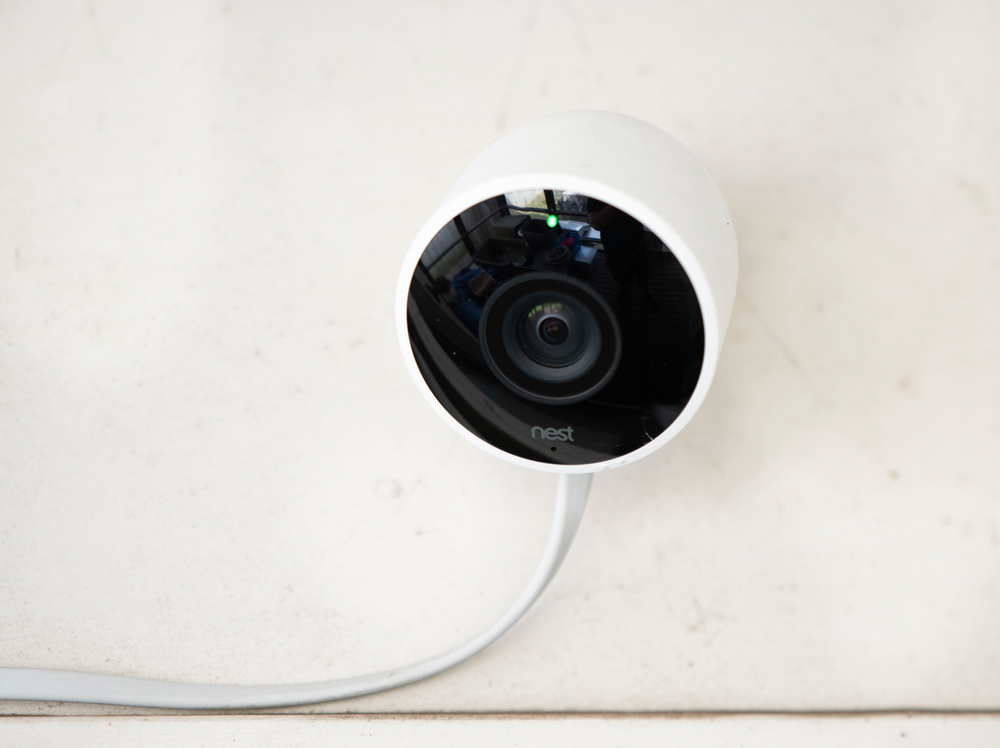ExpressVPN Review: How Fast Is It?
When you connect any equipment to a VPN, you will see a negative effect on the performance of the network. The extranet of this change is due to a number of reasons. This includes the device, geographic location, and server you select to connect. As stated earlier, a VPN with more server locations and servers will cause fewer major impacts on the speed of the networks. Keeping this in mind, we see our ExpressVPN review as a comparative snapshot of the performance rather than the ultimate conclusion. To test the performance of the VPN, we used the Ookla Speedtest app. We also ran many tests over the Wi-Fi network. We enabled the Airplane mode to control the inconsistencies in the cellular network speeds during the testing.
We are taking the median results of many tests run with the VPN disabled and getting the percent change from the same tests when the VPN was enabled. The software gave mixed results in our tests on the Android device. For example, it performed well enough in the latency tests. It increased the latency by less than fifty percent. But, the results fell to near the bottom of the list on the upload and download speed tests. The software slowed upload and download speed by nearly eighty percent. For comparison, Turbo VPN, Private Internet Access, and NordVPN led the path in the latency tests. They each increased the latency by less than thirty percent. Speedify VPN was the fastest in the download speed test. It decreased the speed by about four percent. NordVPN was the top performer in the upload speed test. It decreased speeds by only about twenty percent.
Conclusion
ExpressVPN for Android is a good service that gives a sufficient number of servers and spans many locations across the planet. But it does not stand apart from the crowded pack of rivals. It restricts users to a handful of simultaneous connections, performs below average testing, and is costly.


